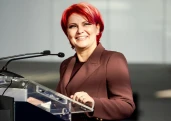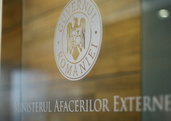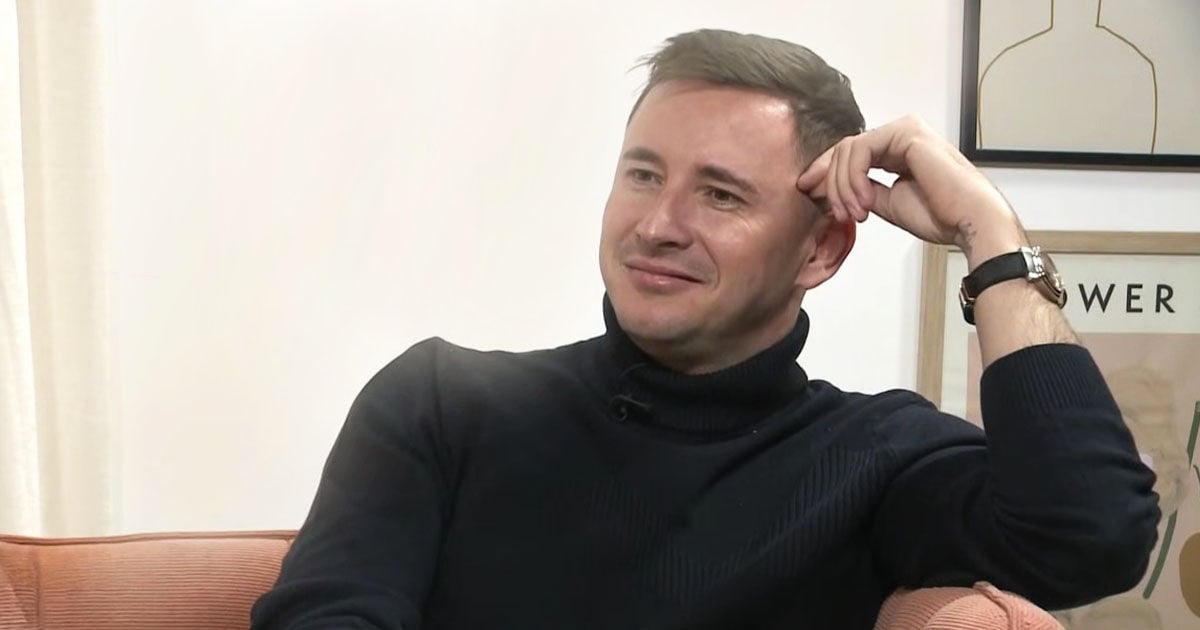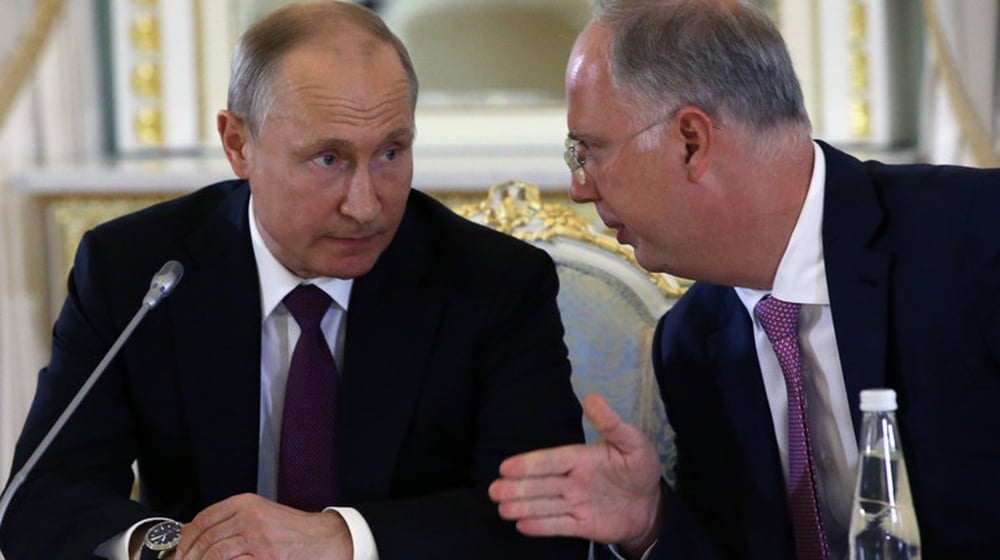Media digitalisation and the independence of media organisations were among the subjects approached at the conference on Modernizing Public Service Media through Innovation and Dialogue, organized March 4 - 5 in Bucharest with the support of the European Commission, at the initiative of the European Federation of Journalists (EFJ), in cooperation with the Culture and Media Federation FAIR-MediaSind.
According to a FAIR-MediaSind release, more than 40 representatives from 24 European Federation of Journalists affiliates debated the situation of public service media and the future of mass media. President of the European Federation of Journalists Mogens Blicher Bjerregard, EURO-MEI President William Maunier, EFJ Director Renate Schroeder, head of Eurovision News Exchange - EBU Justyna Kurczabinska as well as representatives of BBC, AGERPRES and other prestigious European organizations attended the event.
Oana Anghel, participating on behalf of the Romanian Presidency of the Council of EU, welcomed the attendees and presented Romania's priorities during its term at the EU Presidency with a view to supporting the development of quality journalism in the European Union and to defending the freedom of expression of Romanian journalists.
"Having as a motto 'Cohesion, a common European value', the Romanian Presidency has the EU-wide development of quality journalism as a priority. Considering the way IT development has changed the management, dissemination, creation and monetization of journalistic and cultural content, we want to improve competition between creators and media. To this effect we managed to obtain the political agreement and the member states' validation of the compromise package on the Copyright Directive, which will be approved at a plenary session in March, and is on the agenda of one of the Council's April meetings. As you well know, we continue to fight fake news and online misinformation and the Council's conclusions on the European Commission's package 'Securing Free and Fair European Elections' will be approved during our Presidency, against the backdrop of the upcoming European Parliament elections. Romania is also paying special attention to the Media Literacy phenomenon and we strongly believe that the development of a single guide for the entire Union could be a real support for teachers in classrooms, which is why this subject is also on the agenda of the next ministerial meetings," said Oana Anghel.
The conference tackled media digitalisation, the independence of media organisations, with political attacks on the journalists' editorial independence accounting for an important part in the debates. One of the most discussed subjects on the first day of the conference was the challenge Artificial Intelligence (AI) poses to media.
The participants in the debate argued that AI will not replace the creative activity of the journalists, even if the big players in the media market will be tempted to use robots - to the available extent - to reduce workforce costs. On the other hand, it should be understood that the media needs Artificial Intelligence, especially in order to manage the vast amount of existing information.
IT giants such as Google or Facebook are not interested in the freedom of expression but only seek pecuniary profit, pursuing their own interests that do not include the freedom of speech, the journalists consider. This is why there is an enormous need in the media for people who think on their own, precisely because artificial intelligence is growing fast.
President of the European Federation of Journalists Mogens Blicher Bjerregard estimated that, in the context of the AI development, the war between the state-owned and private media companies is very harmful, because it will bring both to their knees and the media content produced by the IT industry will stand to gain from this rivalry.
Claudia Nicolae, Director General of National News Agency AGERPRES, considers that the real challenge is going along with innovation on the way followed by private companies.
"I think this is the real challenge for us: if we succeed in fulfilling our public mission as a national news agency, and if we are able to go along with innovation on the way that private companies follow. I think this is a major challenge for us. The anniversary of AGERPRES is just around the corner - on March 27 the agency turns 130, so there is a long history of news writing behind this name, but every year and every day we are faced with the innovation implemented by private companies that can absorb technology gains. We can do this as well, but I will ask you this question: 'Can we accomplish our public mission and at the same time be competitive?'," she told journalists.
Other participants were more optimistic about the role of AI in mass media. Thus, BBC's Gurdip Bangoo thinks the transmission platform is less important, what counts the most is that the message conveyed is a relevant one.
He said that there are three levels of interest in digitalising public service media: developing voice platforms, focusing on mobile applications and countering fake news.
On the second day of debates, the most intensely discussed subject was that of public service media under attack in Europe. FAIR - MediaSind President Leonard Paduret presented the conflict situation at the Romanian Television Broadcasting Corporation caused by the absence of real social dialogue, the lack of transparency as regards public money spending and failure to observe the legal provisions on workplace health and safety.
The EFJ President expressed concern about the problems raised and promised the entire support of the organization and its affiliates for the settlement of the conflict in the Romanian TV Broadcasting Corporation.
Public service media means a place where all opinions can be found and which is not influenced by politicians. What concerns me is that politicians are increasingly more interested in influencing the content provided by the public service. This is worrying and we must find solutions for the public service media to stay independent of politics. (...) Those who should be part of the solution are the leaders because today increasingly more state leaders fuel an atmosphere of mass media vilification. They claim that they care about journalists, that there is need for free media and freedom of speech and then they say the journalists should be careful about how they act and what they report. I must tell the state leaders that we don't need lessons from them. We know what our duties are, we know we must observe rules, we know all that. What we need from them is to protect us, to create an environment favorable for free media, where journalists can do their job. Of course, our duty is to act professionally and deliver quality journalism, said the EFJ President said.
































Comentează